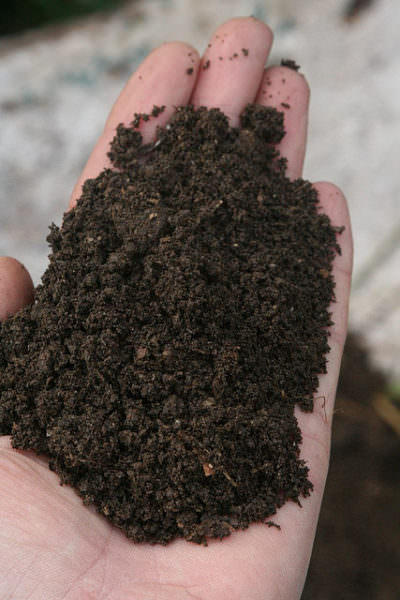
Scrap That Smell: 5 Tips for a Pleasant Backyard Compost Pile
Composting is a natural way to recycle organic waste, enriching the soil in your garden and boosting its ability to retain moisture. Food scraps and yard waste combined account for about a third of total municipal solid waste, according to the U.S. Environmental Protection Agency. By composting these materials, you help divert waste from landfills while creating a beneficial soil amendment.
Here are some tips to make your compost pile a success, even on small urban lots.
Get the Proper Green and Brown Balance
To thrive, your compost needs nitrogen, carbon, water, and air. Brown materials — such as branches, twigs, straw, and dead leaves — contribute carbon. Green materials — including vegetable and fruit waste, tea bags, eggshells, coffee grounds, and grass clippings — provide nitrogen. Your compost pile should contain roughly equal parts green and brown material. If you are concerned about attracting animals to your compost pile, don’t put meat or dairy in it. If your pile smells or seems soggy, add more brown material.

Select the Compost Pile Location Wisely
You’ve heard the real estate expression — location, location, location. Well, the same holds true for your compost pile. The ideal location is a dry, shady part of your yard that is easy to access from your house. This is important because you will be bringing out kitchen scraps regularly. If the location is not convenient, you are less likely to use it.
Deter Rodents and Flies
Use a closed bin, such as a Soil Saver, to keep the compost pile compact and tidy, and rodent-free. This is also helpful if space is limited. If you live in a city, put wire mesh on the ground before placing your compost bin on top. Then, fill any holes or gaps with steel wool. These steps will help prevent rodents from entering your pile. To avoid flies and minimize odors, layer green materials under brown. One easy way to do this is to keep a straw bale on hand and sprinkle straw on top every time you add kitchen scraps.
Maintain Your Compost Pile
Don’t just dump your kitchen scraps and leave the rest to nature. Proper care of the compost pile is necessary for the best-finished product — and to avoid odor and fly issues.
Chop food scraps into 1-inch cubes so they break down more easily. Remember that air is a necessary ingredient for a healthy compost pile; mix the materials weekly with a pitchfork to aerate it. If your pile gets dry, water it periodically until it’s moist. But don’t overdo it, you don’t want it soggy. If your compost is attracting a lot of flies or it emits a strong odor, this is an indication that it isn’t properly breaking down or that you need more brown materials.
Add Compost to Garden Soils When Ready
Don’t jump the gun and use the compost before it has broken down properly. Unfinished compost can drain nitrogen from your soil as it finishes decomposing. When your compost is dark and crumbly, it’s ready for garden use. Spread a couple of inches on top of garden beds in the fall, and then mix them into the soil in the spring.
Feature image courtesy of Joi Ito. Originally published on March 25, 2015, this article was updated in March 2023.
Services Marketplace – Listings, Bookings & Reviews